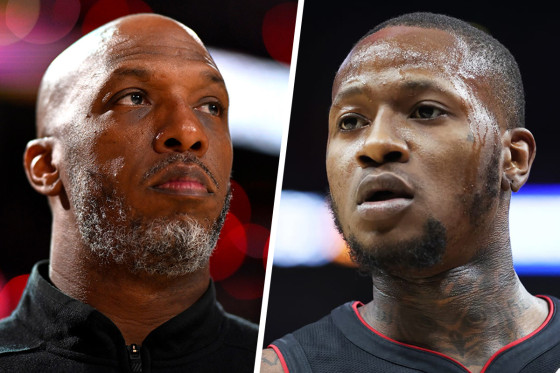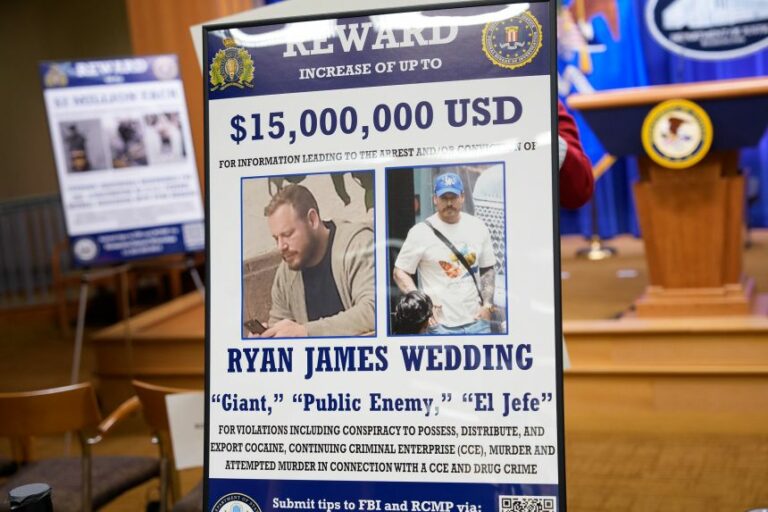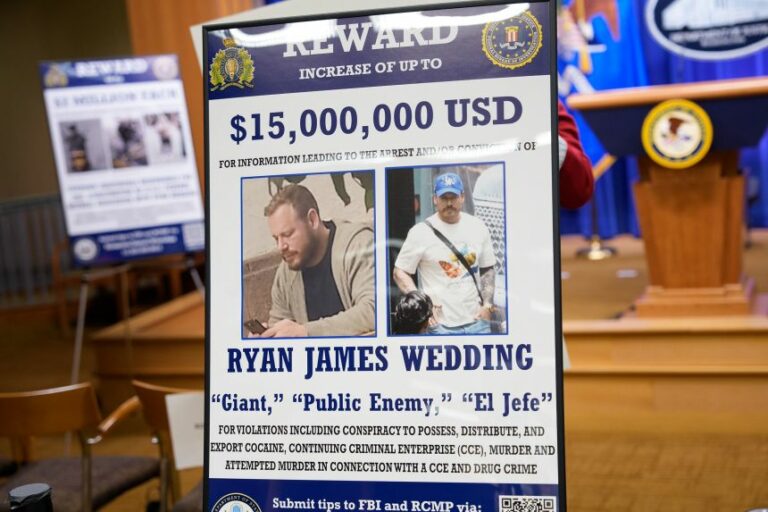Chauncey Billups: The Legacy of a Champion and His Insights into Team Dynamics
Chauncey Billups, a former NBA player and respected coach, is often hailed for his exceptional knowledge for strategic gameplay and team dynamics. With a career spanning over a decade, Billups has solidified his position as a vital figure in basketball, not just for his on-court prowess but also for his leadership qualities and insights into building successful teams.
The Journey of Chauncey Billups
Born on September 25, 1976, in Denver, Colorado, Chauncey Billups had an impressive basketball career starting from his high school years at George Washington High School. He went on to play at the University of Colorado, where he showcased his talents before entering the NBA draft.
Billups was selected as the 3rd overall pick by the Boston Celtics in the 1997 NBA Draft. However, his first few seasons were marked by struggles as he transitioned through several teams, including the Toronto Raptors and the Denver Nuggets. The turning point in his career came when he joined the Detroit Pistons in 2002.
Becoming a Champion
During his time with the Pistons, Billups earned his nickname, “Mr. Big Shot,” for his ability to perform under pressure. He played a crucial role in leading the Pistons to an NBA Championship in 2004, where he was named the Finals MVP, forever etching his name in NBA history. His blend of leadership, skill, and determination made him a key player, and he effectively demonstrated how teamwork and collaboration can lead to success.
Post-Playing Career: Coaching and Insights
After retiring from professional basketball, Billups transitioned into a coaching role. Currently, he serves as the head coach of the Portland Trail Blazers. His understanding of the game has not only made him a respected coach but also a vital mentor to young players. Billups emphasizes the importance of building a cohesive team, which mirrors the dynamics of successful businesses.
Leadership Lessons from Billups
Billups’ experience teaches valuable lessons in leadership and teamwork that extend beyond basketball. Here are some key insights:
- Emphasize Communication: Billups believes that to create an effective team, clear and open communication is paramount. Just as on the court, where players must communicate plays and strategies, in the business world, transparency leads to successful collaborations.
- Foster Trust: Trust among team members is critical. Billups often highlights trust as the backbone of successful teams. When members have faith in each other, it enhances performance and encourages risk-taking.
- Adaptability: In basketball, as in business, being adaptable to changing situations is crucial for success. Billups’ ability to adjust his strategies during high-pressure games has been mirrored in his coaching style, encouraging players to embrace flexibility.
- Value Diverse Skills: Billups appreciates the varying skills and strengths of each team member. In a business context, harnessing diverse talents can lead to innovative solutions and successes.
Terry Rozier’s Recent Challenges
While discussing influential figures in basketball, it’s essential to mention Terry Rozier, who has recently made headlines. The Miami Heat’s Terry Rozier found himself embroiled in controversy due to a federal gambling-related investigation, as reported by NBC News. This incident is a reminder of the pressures athletes face both on and off the court and the importance of maintaining a positive image.
The investigation serves as an opportunity to reflect on the role of ethics and integrity in sports. Rozier’s situation highlights that even prominent athletes can face challenges that may affect public perception and their careers, emphasizing the need for strong moral principles.
Conclusion
Chauncey Billups’ journey from a talented athlete to a respected coach is inspirational. His insights into teamwork and leadership resonate well within the professional realm, illustrating the parallels between sports and business. By fostering communication, trust, adaptability, and valuing diverse skills, leaders can cultivate successful teams destined for greatness. While challenges, like those faced by Terry Rozier, can arise at any moment, maintaining a strong ethical foundation will support long-term success in any field.







